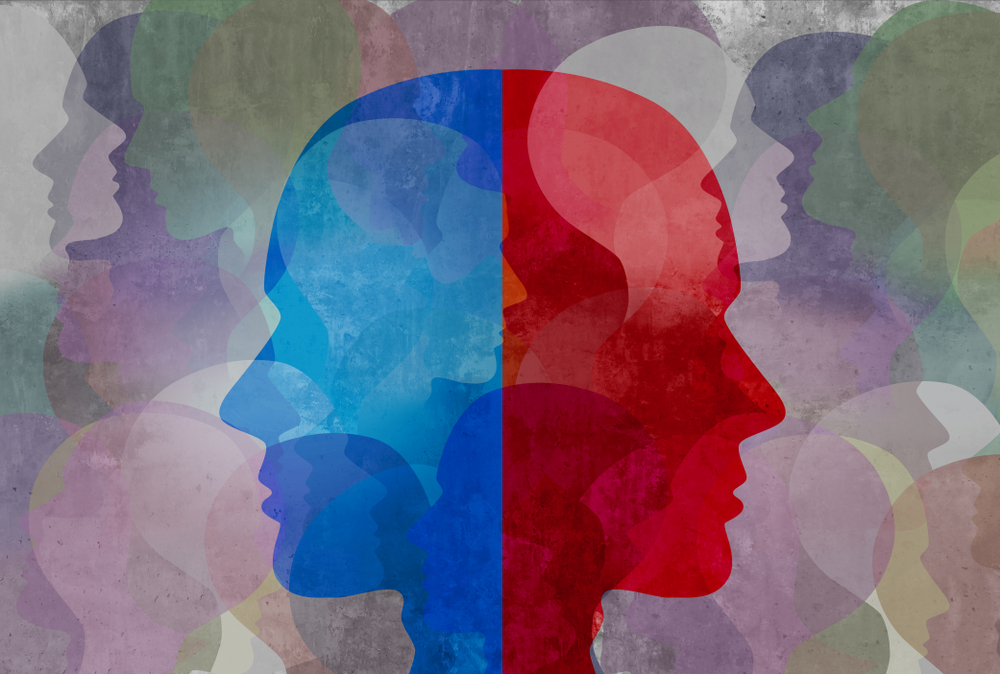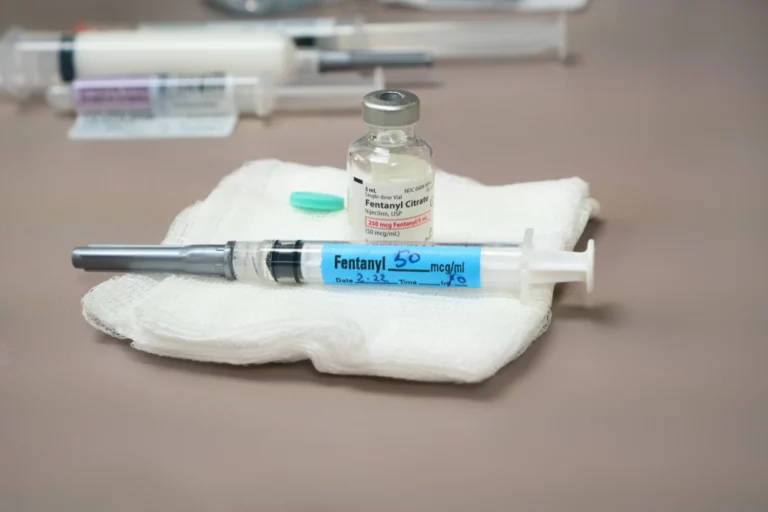Mood vs. Personality Disorders: What You Need to Know
By understanding mood and personality disorders, these mental health conditions can be properly treated and improve an individual’s overall quality of life. In this article, we will discuss what mood and personality disorders are, their differences and similarities, and how to treat each disorder to ensure individuals have all the information they need to know.
What are Mood Disorders?
A mood disorder is a mental health condition that describes various types of depression and bipolar disorders. These disorders can cause significant changes in an individual’s mood, emotions, and feelings. Mood disorders aren’t the same as the common shifts in attitude or feelings everyone experiences as a normal part of life. Instead, mood disorders significantly impact an individual’s day-to-day emotional state. Additionally, mood disorders can increase the risk of other health problems like heart disease and diabetes.
There are several common mood disorders that an individual may experience, including:
- Major Depressive Disorder: This is when an individual has reduced interest in activities they used to enjoy, feels consistently sad or hopeless, and experiences other symptoms for at least two weeks, indicating depression.
- Dysthymia: Dysthymia is a long-lasting, low-level mood of sadness or irritability that persists for at least two years.
- Bipolar Disorder: Bipolar disorder involves periods of depressive episodes alternating with periods of manic episodes or extreme elevation in mood.

What are Personality Disorders?
Personality disorders mainly affect the qualities, behavior patterns, and personal characteristics that shape an individual’s identity. Your personality encompasses how you see the world and understand your thoughts, feelings, and attitudes. Having this affected can have significant impacts on an individual’s social relationships, work life, and daily functioning.
Individuals with well-balanced personalities can handle everyday stresses and build healthy relationships with family, friends, and colleagues. However, individuals dealing with a personality disorder find it challenging to interact with others. They tend to be rigid and struggle to adapt to life events or major changes.
Personality disorders come in various types, and they are categorized into three clusters:
- Cluster A Personality Disorders – Odd or Eccentric Behavior:
- This cluster includes disorders characterized by unusual or peculiar behavior.
- Examples include schizoid personality disorder, paranoid personality disorder, and schizotypal personality disorder.
- Cluster B Personality Disorders – Dramatic, Emotional, or Erratic Behavior:
- This cluster comprises disorders marked by dramatic, emotional, or unpredictable behavior.
- Examples include antisocial personality disorder, borderline personality disorder, and narcissistic personality disorder.
- Cluster C Personality Disorders – Anxious or Fearful Behavior:
- In this cluster, the disorders are associated with anxious or fearful behavior.
- Examples include avoidant personality disorder, dependent personality disorder, and obsessive-compulsive personality disorder.
Read More: Histrionic Personality Disorder: Understanding Amber Heard’s Diagnoses
How Are They Different?
Understanding the differences between mood and personality disorders is essential for accurate diagnosis and developing effective treatment strategies tailored to the specific nature of the disorder. There are many differences between the two disorders, such as the nature of the disorders, the symptoms of the disorders, and the onset of the disorders. These differences may impact an individual in the following ways:
- Nature: Mood disorders primarily involve disruptive changes in a person’s emotional state, such as depression, mania, or mood swings, with the central problem being emotional dysregulation. In contrast, personality disorders focus on persistent patterns of behavior, cognition, and interpersonal difficulties that deviate from societal norms and remain stable over time, impacting how individuals interact with others and navigate life’s challenges.
- Symptoms: In mood disorders, symptoms can be extreme emotional states such as severe sadness, euphoria, or constant mood fluctuations, often accompanied by physical symptoms like disturbances in sleep, appetite, and energy levels. On the other hand, symptoms of personality disorders involve persistent behaviors and thought patterns, causing difficulties in forming relationships, self-identity, and coping mechanisms. For example, individuals with borderline personality disorder may struggle with intense abandonment fears and self-destructive actions.
- Onset: Mood disorders frequently cause distinct phases of mood disruption followed by relatively stable periods, referred to as ‘episodes.’ Life events may cause these episodes, or they can be chronic. In contrast, personality disorders typically emerge early in life and display enduring stability, often persisting into adulthood unless effectively treated.

How Are They Similar?
While mood and personality disorders have some significant differences, they also share some similarities. Some of these similarities include:
- Impact on daily life
- Intense emotional stress
- Stigmatization
- Influence by genetic and environmental factors
- Impact on relationships
- Common treatment options
Are They Treated The Same?
Individualized treatment plans supervised by medical professionals are essential for individuals with these disorders to achieve the best outcomes. While these treatment plans may vary between individuals, there are some common ways to treat mood and personality disorders:
- Mood Disorders: Treatment for mood disorders typically involves a combination of psychotherapy, medication, lifestyle changes, and support groups. Psychotherapy, including cognitive-behavioral therapy (CBT), focuses on identifying and addressing negative thought patterns and enhancing coping skills. Medications like antidepressants and mood stabilizers may be prescribed for severe cases. Lifestyle modifications, such as exercise, a healthy diet, sufficient sleep, and stress management, are essential for mood stabilization. Support groups offer emotional support by allowing individuals to share experiences and coping strategies with others facing similar challenges.
- Personality Disorders: The primary treatment for personality disorders is psychotherapy, with dialectical behavior therapy (DBT) being particularly effective for borderline personality disorder, while CBT is used for other personality disorders. These therapies alter maladaptive behavior, cognition, and emotion regulation patterns. Medication is not the primary treatment but may manage specific symptoms like anxiety or depression. Long-term and consistent therapy is often required due to the long-term nature of personality disorders. Skills training programs, including DBT, help individuals develop practical coping skills and enhance interpersonal communication skills. Family and group therapy may be integrated into treatment to address relational issues and provide a supportive environment.
Learn More: Using AI In Therapy & Mental Health Treatment

Treating Mood and Personality Disorders at Oasis Recovery Center
Suffering from mood and personality disorder can cause significant impacts on an individual’s life. Due to this impact, it’s essential to receive the proper treatment for the disorders by a mental health professional. While there are many places to receive this treatment, Oasis Recovery Center is dedicated to treating the mind, body, and spirit of individuals to ensure every need is met.
At Oasis Recovery Center, located in Asheville, NC, we provide treatment services to those struggling with substance use disorders and the underlying mental health issues. We offer many holistic, dynamic, and mindfulness-based healing modalities to treat our clients and ensure a healthy recovery process.
If you or a loved one are suffering from substance use disorders or mood and personality disorders, contact us today to learn more about our treatment programs.









